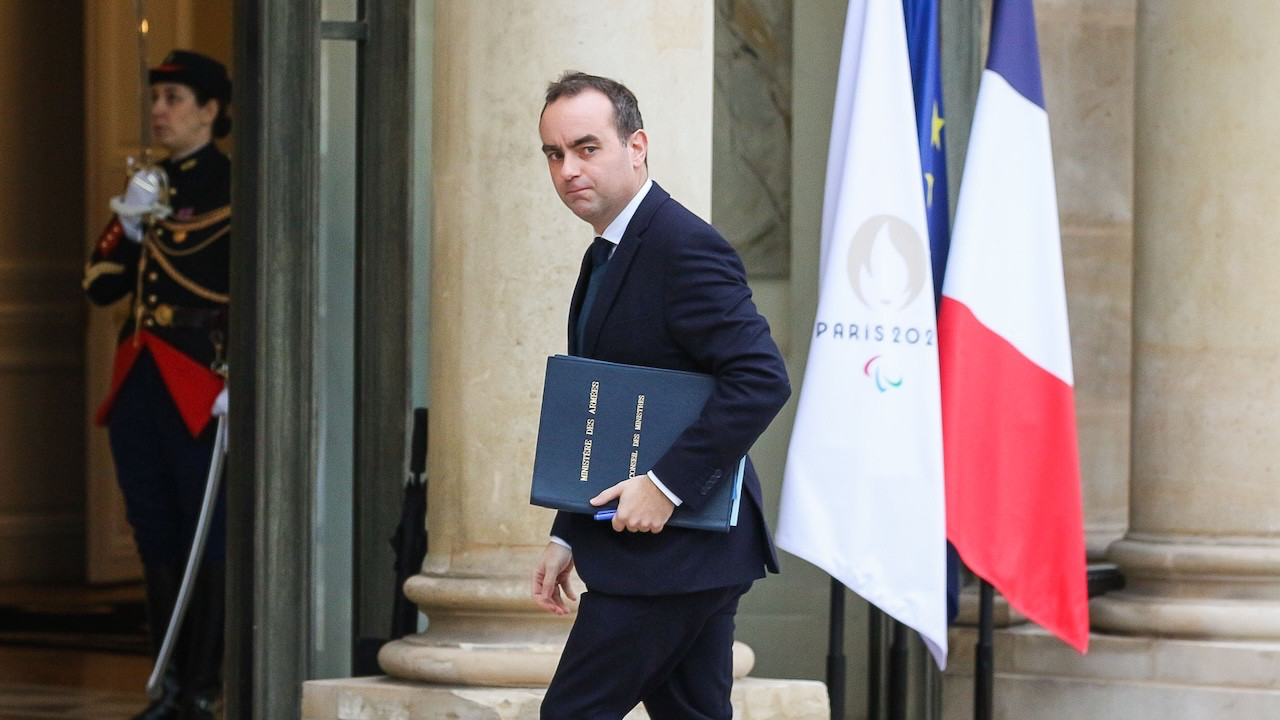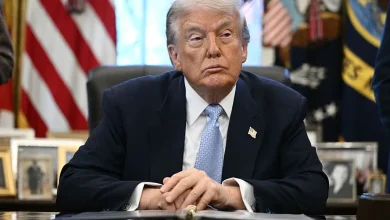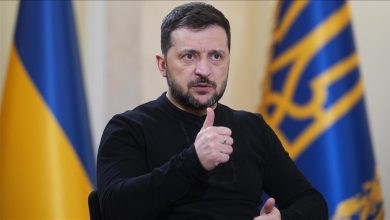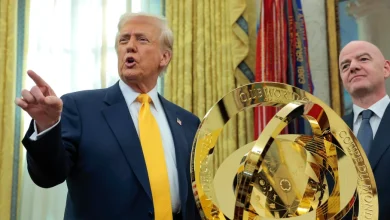France has been plunged deeper into political turmoil after Prime Minister Sébastien Lecornu resigned on Monday, barely a month after his appointment and only hours after presenting his new cabinet. President Emmanuel Macron accepted the resignation, marking yet another blow to his already weakened leadership.
Lecornu, a former defense minister chosen to restore stability, faced fierce backlash late Sunday when he unveiled a largely unchanged cabinet. His decision to bring back former finance minister Bruno Le Maire as defense chief drew sharp criticism from across the political spectrum.
Far right calls for early elections
The far-right National Rally (RN) wasted no time in demanding that Macron dissolve the National Assembly. RN leader Jordan Bardella declared, “There can be no return to stability without a return to the polls.”
Party figurehead Marine Le Pen described Lecornu’s resignation as “a wise and inevitable decision,” saying France “must once again let the people decide its future.”
Budget crisis topples another government
Lecornu’s departure is the latest chapter in France’s deepening fiscal and political crisis. His central challenge was to win parliamentary approval for next year’s austerity budget — a mission that had already brought down his two predecessors, François Bayrou and Michel Barnier, after bitter standoffs with lawmakers over spending plans.
France’s public debt has surged to record levels, with its debt-to-GDP ratio now the third highest in the European Union, trailing only Greece and Italy. At nearly twice the 60 percent ceiling allowed under EU rules, the figures have alarmed both markets and European partners.
Macron under growing pressure
For three consecutive years, French governments have bypassed parliament to force budgets through without a vote — a move permitted by the constitution but denounced by the opposition as undemocratic. Lecornu had pledged last week that this time “lawmakers will have their say.” His resignation suggests that promise could not be kept.
Macron’s gamble last year on snap parliamentary elections — an attempt to regain control of the legislature — backfired badly, leaving his centrist bloc in the minority. Since then, France has remained trapped in political deadlock.
Analysts say Macron now faces the most fragile period of his presidency, as chants of “Macron démission” (“Macron resign”) grow louder both in parliament and on the streets of Paris.
Uncertain road ahead
Lecornu’s resignation makes him the third prime minister to fall in less than a year, underscoring the depth of France’s political instability. Sources close to the Élysée Palace say Macron is “seeking a path to restore governmental stability,” though finding a candidate who can command a majority in the divided National Assembly appears increasingly unlikely.
As the government crisis unfolds, France faces not only a leadership vacuum but also a mounting sense of public disillusionment. With confidence in state institutions eroding, the question hanging over Paris tonight is not just who will lead — but whether the country can be governed at all.


 Trump Shares AI-Generated Video of Himself Playing Soccer With Ronaldo in the Oval Office
Trump Shares AI-Generated Video of Himself Playing Soccer With Ronaldo in the Oval Office Trump Signs Bill Releasing Epstein Files
Trump Signs Bill Releasing Epstein Files Zelensky: “We Are Preparing to Intensify Peace Negotiations in Türkiye”
Zelensky: “We Are Preparing to Intensify Peace Negotiations in Türkiye” Trump Warns Ahead of 2026 World Cup: We May Move the Matches to Another City If Necessary
Trump Warns Ahead of 2026 World Cup: We May Move the Matches to Another City If Necessary